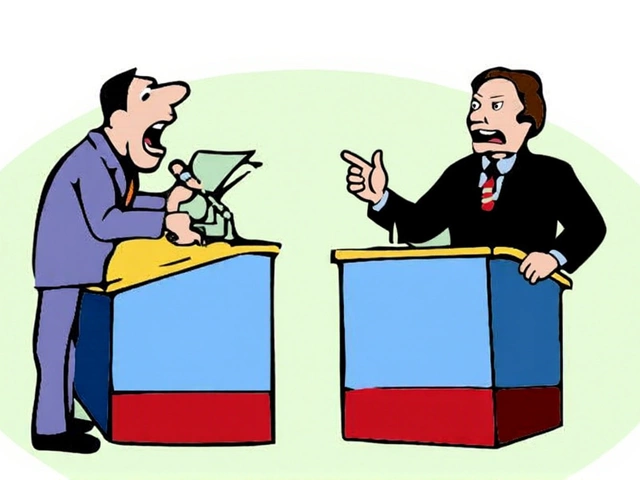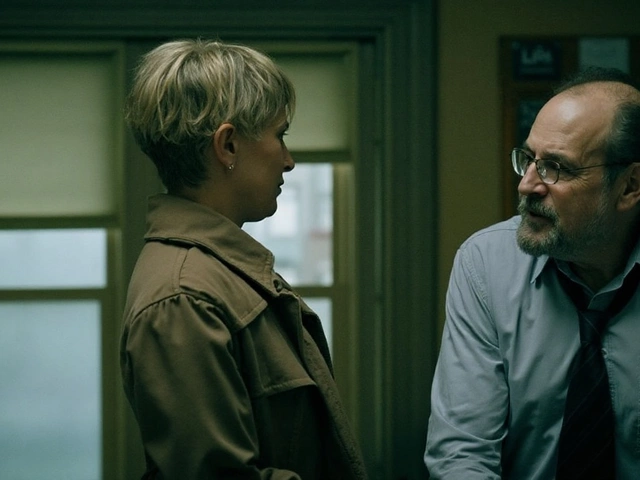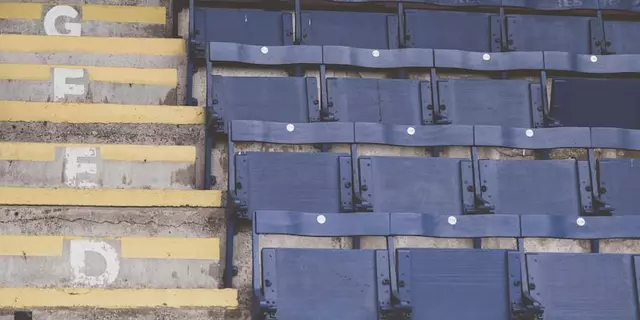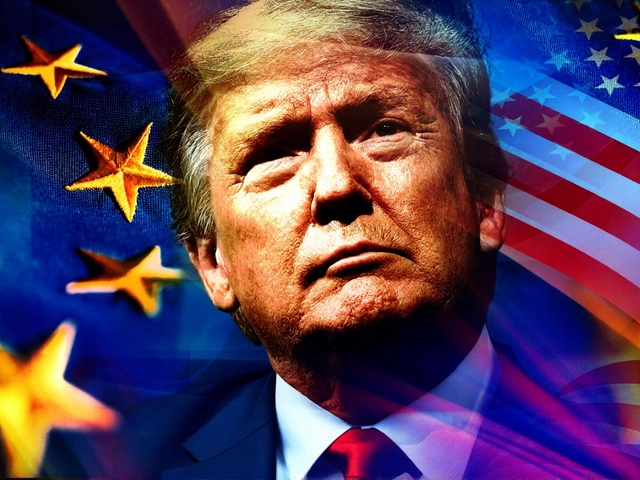30
Centrist D66 Edges Out Wilders’ PVV in Dutch Election, But Coalition Chaos Looms
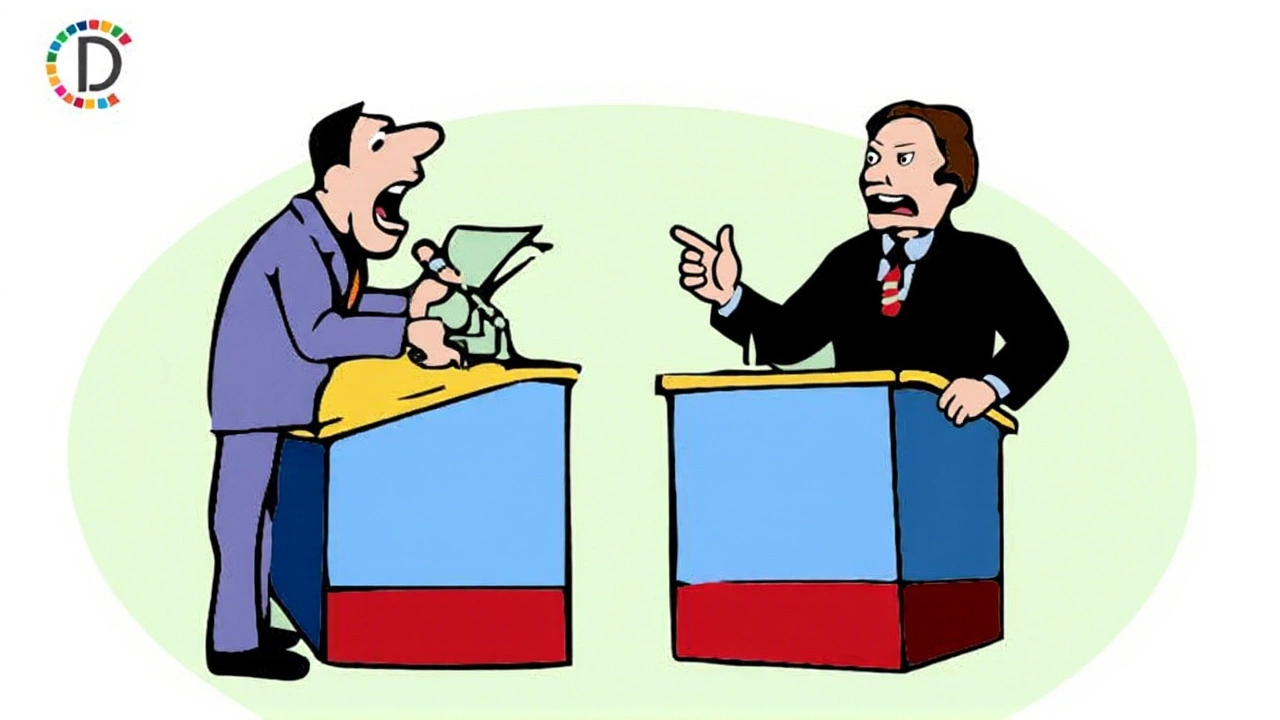
On October 29, 2025, Dutch voters delivered a stunning rebuke to far-right populism—not with a landslide, but with a quiet, determined refusal to let Geert Wilders near the prime minister’s office. Exit polls from the Netherlands’ parliamentary election showed Rob Jetten’s centrist Democrats 66 narrowly outpacing Wilders’ Party for Freedom (PVV), 32 seats to 35, in the 150-seat Houses of Representatives. The numbers look almost tied—but here’s the twist: every single other party has sworn off any coalition with Wilders. That means even though PVV won the most votes, Wilders won’t be prime minister. Not even close.
The Vote That Broke the Pattern
For two years, the Netherlands has been governed by a caretaker cabinet under Dick Schoof, after Wilders’ PVV collapsed the previous government in late 2023. He’d won that election too—but then refused to support his own coalition’s asylum reforms, triggering political chaos. This time, voters didn’t reward the disruption. They punished it. Turnout hit 78.2%, up from 74.7% in 2023, with millions casting ballots at places like Amsterdam’s Artis Zoo, Rotterdam’s De Kuip stadium, and windmills in Zaanse Schans. It wasn’t just symbolic—it was emotional. People showed up. And they voted for stability.
Jetten’s Comeback and the European Turn
Rob Jetten, 38, a former junior minister who’d been written off early in the campaign, surged in the final weeks. His sharp TV performances, calm demeanor, and unapologetic pro-EU stance resonated with young voters drowning in the housing crisis. The Netherlands has 525 people per square kilometer—some of the densest living conditions in Europe. Rent prices in Utrecht and Amsterdam have doubled since 2020. Young people didn’t just vote against Wilders; they voted for someone who promised to fix things, not just scare people. Jetten, casting his ballot in The Hague, told reporters: “I want to bring the Netherlands back to the heart of Europe because without European cooperation, we are nowhere.” It was a direct counter to Wilders’ isolationist rhetoric.
Why Wilders Can’t Win—Even When He Wins
Wilders’ PVV won the most seats, yes. But here’s the reality: every other party in parliament—left, right, green, Christian, liberal—has publicly declared they will not govern with him. Not because they dislike him personally (though many do), but because his platform—anti-Islam, anti-immigration, anti-EU—is seen as incompatible with Dutch constitutional values and international obligations. Even the far-right Forum for Democracy and the agrarian Farmer-Citizen Movement ruled out cooperation. That’s unprecedented. In 2023, Wilders was invited to coalition talks. This time? He got a collective “no.”
The Coalition Maze Ahead
Forming a government in the Netherlands isn’t like in the U.S. or U.K. You need 76 seats. PVV has 35. D66 has 32. Together, they’re still 9 short. And they won’t work together. So now, the real battle begins: negotiations among at least eight parties that cleared the 0.67% threshold. Political analyst De Lange summed it up to AFP: “The parties... are ideologically very, very diverse, which will make compromising very challenging.” Expect months. The 2021 election took 299 days to form a government. This one? Could be longer. The Electoral Council will certify results by November 5, 2025. Then, King Willem-Alexander will appoint an informateur—likely former PM Mark Rutte or another respected elder statesman—to start the backroom talks. By November 12, we’ll know who’s doing the negotiating. But not who’s running the country.
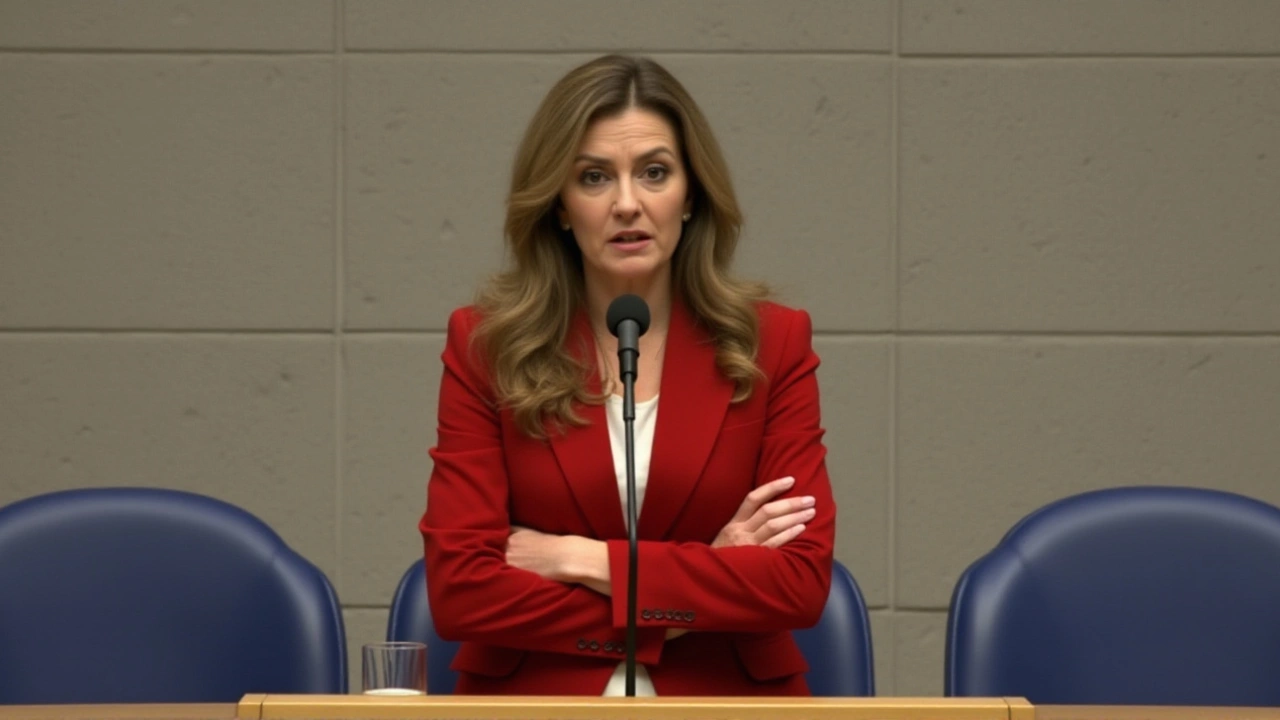
What This Means for Europe
The Netherlands isn’t just a small country with a quirky voting system. It’s a linchpin in the EU. Its rejection of Wilders is a signal to Paris, Berlin, and Brussels: populism can win votes, but it can’t win trust. If Wilders had formed a government, the EU’s budget, migration policy, and climate agreements would’ve been in jeopardy. Now, the door remains open for a pro-EU coalition—likely involving D66, the center-right VVD, and possibly the greens or labor party. But getting them to agree on housing, climate, and immigration? That’s the real test. And it’s going to be messy.
Behind the Numbers
- 27 parties competed for 150 seats
- 78.2% voter turnout (up from 74.7% in 2023)
- 13.7 million eligible voters
- PVV: ~35 seats | D66: ~32 seats | VVD: ~24 seats | GroenLinks-PvdA: ~20 seats
- 8 parties cleared the 0.67% threshold to enter parliament
- 299 days was the previous record for government formation (2021)
Frequently Asked Questions
Why can’t Geert Wilders become prime minister even though his party won the most seats?
In the Netherlands, winning the most seats doesn’t guarantee power. A government needs 76 seats in the 150-member parliament, and Wilders’ PVV only won about 35. More importantly, every other party—including ideologically similar ones—has publicly refused to join a coalition with him due to his anti-immigration and anti-EU stance. Without partners, he can’t form a government, no matter how many votes he gets.
How did Rob Jetten’s D66 party gain so much support so quickly?
Jetten, once seen as a fringe figure, surged in the final weeks thanks to standout media appearances and a clear message: restore stability and recommit to Europe. Young voters, especially those crushed by the housing crisis, responded to his calm, pragmatic tone. His campaign didn’t just attack Wilders—it offered solutions on rent control, urban planning, and EU cooperation, which resonated in cities like Amsterdam and Utrecht where housing costs have doubled since 2020.
What’s the timeline for forming a new government?
Results will be certified by the Electoral Council by November 5, 2025. King Willem-Alexander is expected to appoint an informateur—likely a former prime minister—by November 12 to begin coalition talks. Given the ideological divides among the eight qualifying parties, negotiations could take months, possibly surpassing the 299-day record set after the 2021 election.
Why does the Netherlands have such a fragmented political system?
The Dutch system uses proportional representation with a low electoral threshold (0.67%), allowing even small parties to win seats. This encourages niche platforms—on farming, animal rights, or digital privacy—to enter parliament. While it reflects diverse opinions, it also makes coalition-building complex. Since 2002, the Netherlands has had 12 different cabinets, often requiring months of negotiation just to agree on a shared agenda.
How did the housing crisis influence the election results?
The housing crisis hit young Dutch citizens hardest—with rent increases of over 100% in major cities since 2020 and waiting lists for social housing stretching years. D66 and other centrist parties tied their platforms to housing reform, while Wilders’ focus on immigration distracted from the issue. Exit polls showed voters under 35 overwhelmingly favored parties promising rent controls and new construction, making housing a decisive factor in shifting support away from PVV.
What happens if no coalition forms by early 2026?
If talks collapse, the country could face another caretaker government, or even snap elections. But that’s unlikely. Dutch political culture prioritizes compromise over chaos. Even bitter rivals have historically found common ground—just slowly. The pressure from the EU, markets, and public opinion will force negotiators to keep talking, even if it takes until spring 2026. Stability, not speed, is the goal.

